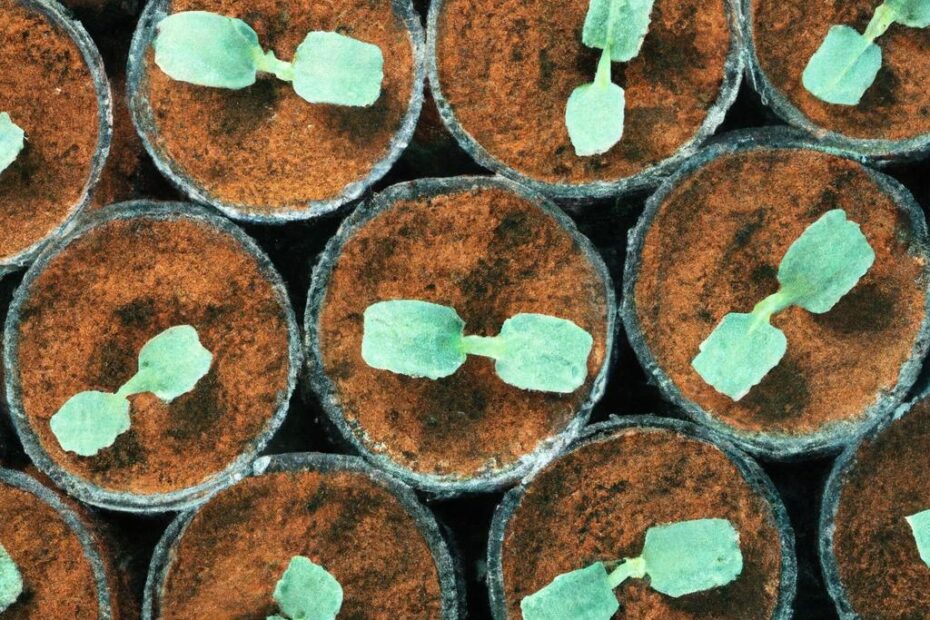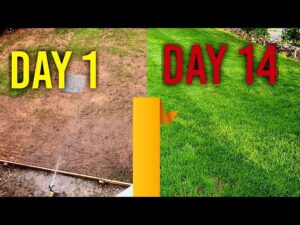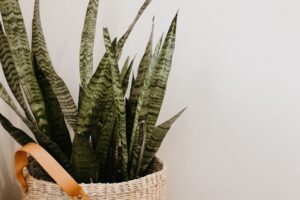Crisp, refreshing cucumbers are a staple in many dishes, but what if you don’t have a sprawling garden to grow them in? Fear not, as we delve into the art of “Potting Up”: the practice of growing cucumbers in containers. In this guide, we’ll explore the benefits of container gardening, the best types of containers to use, and essential tips for nurturing your cucumber plants to bountiful harvests. Join us as we unlock the secrets to cultivating these versatile veggies in limited space, turning your small balcony or patio into a flourishing cucumber oasis.
Choosing the Right Container
When it comes to growing cucumbers in containers, selecting the right container is crucial for the success of your harvest. Here are some factors to consider when choosing the perfect container:
-
- Size: Make sure the container is large enough to accommodate the cucumber plant as it grows. Cucumbers have deep root systems, so opt for a container that is at least 12 inches deep.
-
- Material: Choose a container made of breathable material such as terracotta or fabric to ensure proper drainage and aeration for the roots.
-
- Drainage: Ensure the container has drainage holes at the bottom to prevent waterlogging, which can lead to root rot.
By considering these factors, you can create an ideal environment for your cucumber plant to thrive and produce an abundant harvest. Remember, the right container can make all the difference in the success of your container gardening endeavors!
Selecting the Best Potting Mix
When it comes to growing cucumbers in containers, is essential for the success of your plants. The right mix will provide the necessary nutrients, drainage, and moisture retention to help your cucumbers thrive. Here are some tips to help you choose the perfect potting mix for your cucumber container garden:
-
- Look for a mix specifically formulated for vegetables or container gardening. These mixes are designed to provide the right balance of nutrients and drainage for plants grown in containers.
-
- Avoid heavy soils or garden soil. These types of soils can become compacted in containers, leading to poor drainage and root rot. Opt for a lightweight mix that will allow for proper aeration and drainage.
-
- Consider adding perlite or vermiculite to improve drainage. These additives can help prevent water from pooling in the container, reducing the risk of root rot.
| Brand | Price | Features |
|---|---|---|
| Miracle-Gro | $15 | Contains plant food for feeding up to 6 months |
| Espoma | $12 | Organic blend with Myco-tone for stronger roots |
| FoxFarm | $20 | Premium potting mix with earthworm castings and bat guano |

Optimal Sunlight and Watering Requirements
When it comes to growing cucumbers in containers, ensuring they receive the optimal amount of sunlight and water is essential for their growth and productivity. Cucumbers thrive in full sunlight, so be sure to place your container in a location that receives at least 6-8 hours of direct sunlight each day. If you’re growing cucumbers indoors, consider using a grow light to supplement their light requirements.

When it comes to watering, cucumbers are thirsty plants that require consistent moisture to produce juicy and crisp fruits.
To prevent water stress and maintain optimal growth, consider setting up a drip irrigation system or using a self-watering container to provide a steady supply of water to your cucumber plants. Water your cucumber plants regularly, ensuring the soil is consistently moist but not waterlogged..
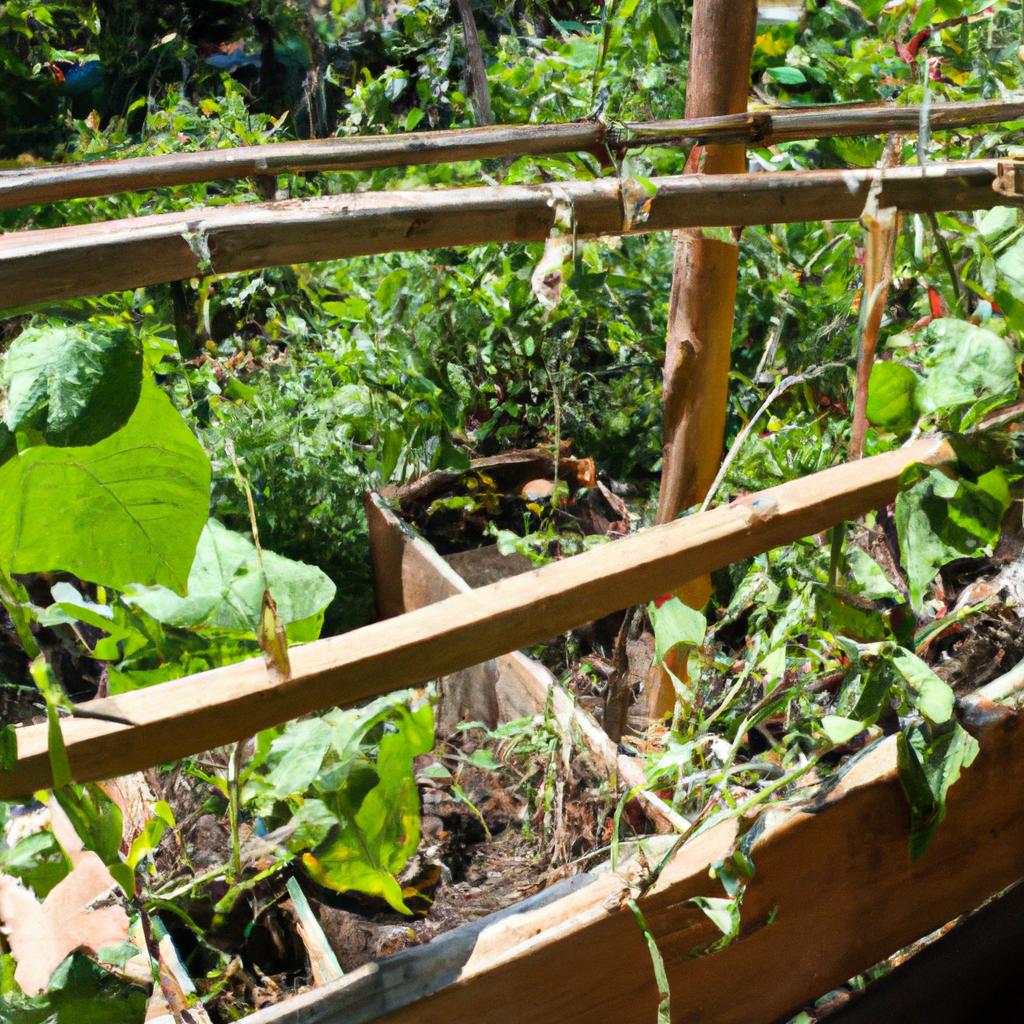
Supporting Your Cucumber Plants
When it comes to growing cucumbers in containers, providing the proper support for your plants is essential for a successful harvest. Cucumbers are known for their vining habit, so it’s important to give them something to climb on as they grow. Here are some tips for :
-
- Use a sturdy trellis or stakes to support the vines as they grow.
-
- Secure the vines to the trellis or stakes using garden twine or plant clips.
-
- Prune any excessive growth to encourage the cucumbers to grow upwards.
-
- Check the support structure regularly to make sure it can hold the weight of the growing cucumbers.
By providing the proper support for your cucumber plants, you’ll not only help them grow vertically but also make it easier to harvest the cucumbers when they mature. With a little bit of attention and care, your container-grown cucumbers will thrive and provide you with a bountiful harvest.
Preventing Common Pests and Diseases
When it comes to growing cucumbers in containers, is essential for a successful harvest. By following a few simple tips and tricks, you can enjoy a bountiful supply of fresh cucumbers all summer long.
One key aspect of preventing pests and diseases is proper container selection. Make sure to choose a large enough container for your cucumber plants to allow for adequate root growth. Additionally, ensure that the container has good drainage to prevent waterlogged soil, which can lead to root rot. Regularly inspect your plants for any signs of pests or diseases, such as yellowing leaves or wilting, and take prompt action to address any issues that may arise. By staying vigilant and proactive, you can help keep your cucumber plants healthy and thriving.
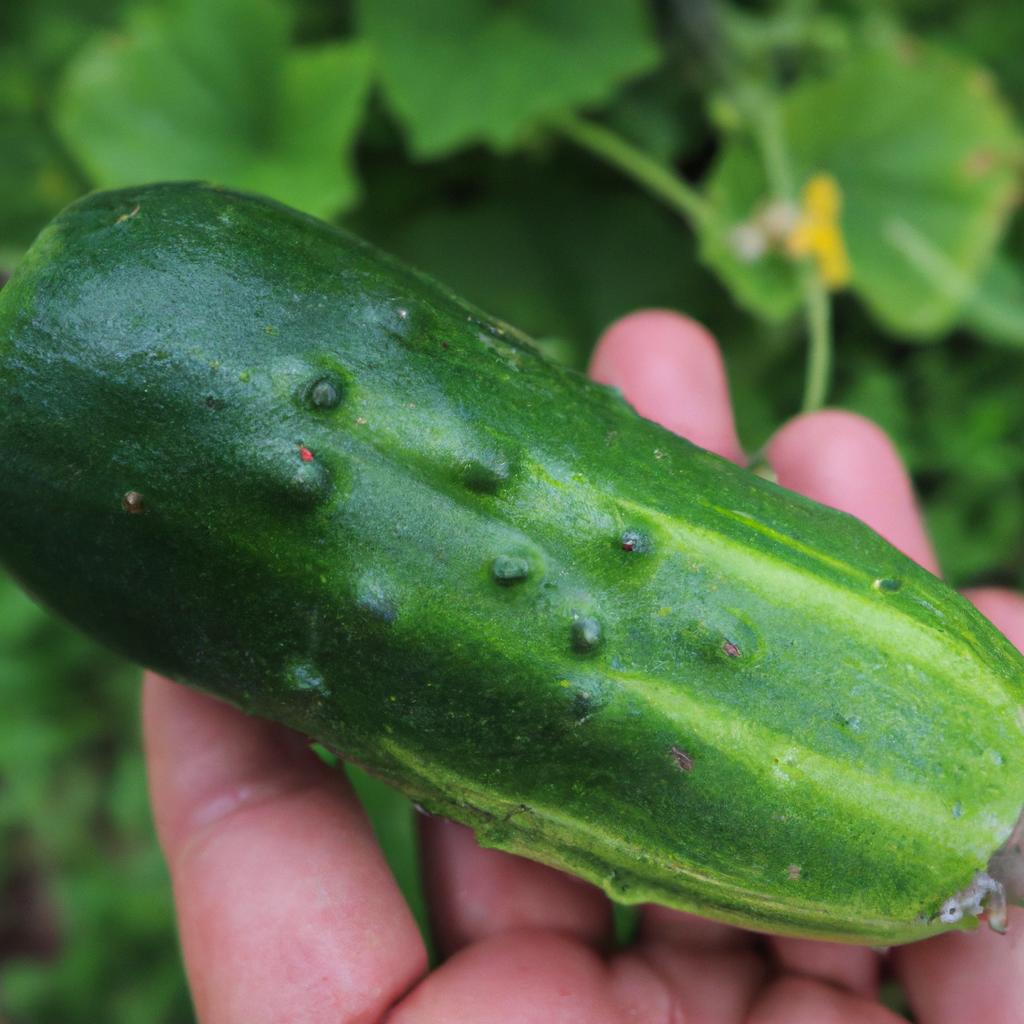
Harvesting and Enjoying Your Homegrown Cucumbers
Cultivating cucumbers in containers is a rewarding endeavor that allows even those with limited space to enjoy the fresh taste of homegrown produce. To ensure success in growing cucumbers in pots, follow these tips:
1. Choose the right container: Opt for a large container with drainage holes to prevent waterlogging and allow for proper root growth.
2. Select a sunny spot: Cucumbers thrive in full sunlight, so place your container in a location that receives at least 6-8 hours of sunlight each day.
3. Use quality soil: Fill your container with well-draining potting mix rich in organic matter.
4. Provide support: Cucumbers are climbing plants, so set up a trellis or stakes for them to climb as they grow.
5. Water regularly: Keep the soil consistently moist, but be careful not to overwater as cucumbers are susceptible to root rot.
6. Fertilize appropriately: Feed your cucumber plants with a balanced fertilizer every 2-3 weeks to promote healthy growth and fruit development.
FAQ
Q: What are the benefits of growing cucumbers in containers?
A: Growing cucumbers in containers allows for limited space gardening, easy mobility, and precise control over soil and watering conditions.
Q: What type of container is best for growing cucumbers?
A: Choose a container that is at least 12 inches deep and wide, with good drainage holes, and made of a sturdy material such as plastic or terracotta.
Q: What type of soil should be used for container-grown cucumbers?
A: Use a well-draining potting mix with added compost or organic matter to provide the nutrients cucumbers need to thrive.
Q: How often should container-grown cucumbers be watered?
A: Cucumbers in containers should be watered regularly, keeping the soil consistently moist but not waterlogged. In hot weather, they may need to be watered daily.
Q: Can cucumbers grown in containers still produce a fruitful harvest?
A: Yes, with proper care and maintenance, cucumbers grown in containers can produce a bountiful harvest of fresh, delicious cucumbers throughout the growing season.
The Way Forward
As you embark on your journey of growing cucumbers in containers, remember that patience and care are key to a successful harvest.
So, grab your potting mix, choose your favorite cucumber varieties, and get ready to experience the art of potting up! Happy planting!By following the tips and techniques outlined in this article, you can enjoy the satisfaction of watching your cucumber plants thrive and produce delicious fruits right in your own backyard..
- Cat Palm vs Majesty Palm: Which Should You Choose? - June 30, 2024
- Flowers That Survive Winter: Discover the Exceptional No. 5 - June 30, 2024
- The Ultimate Guide to the Growth and Care of the Black Pagoda Lipstick Plant - June 29, 2024
